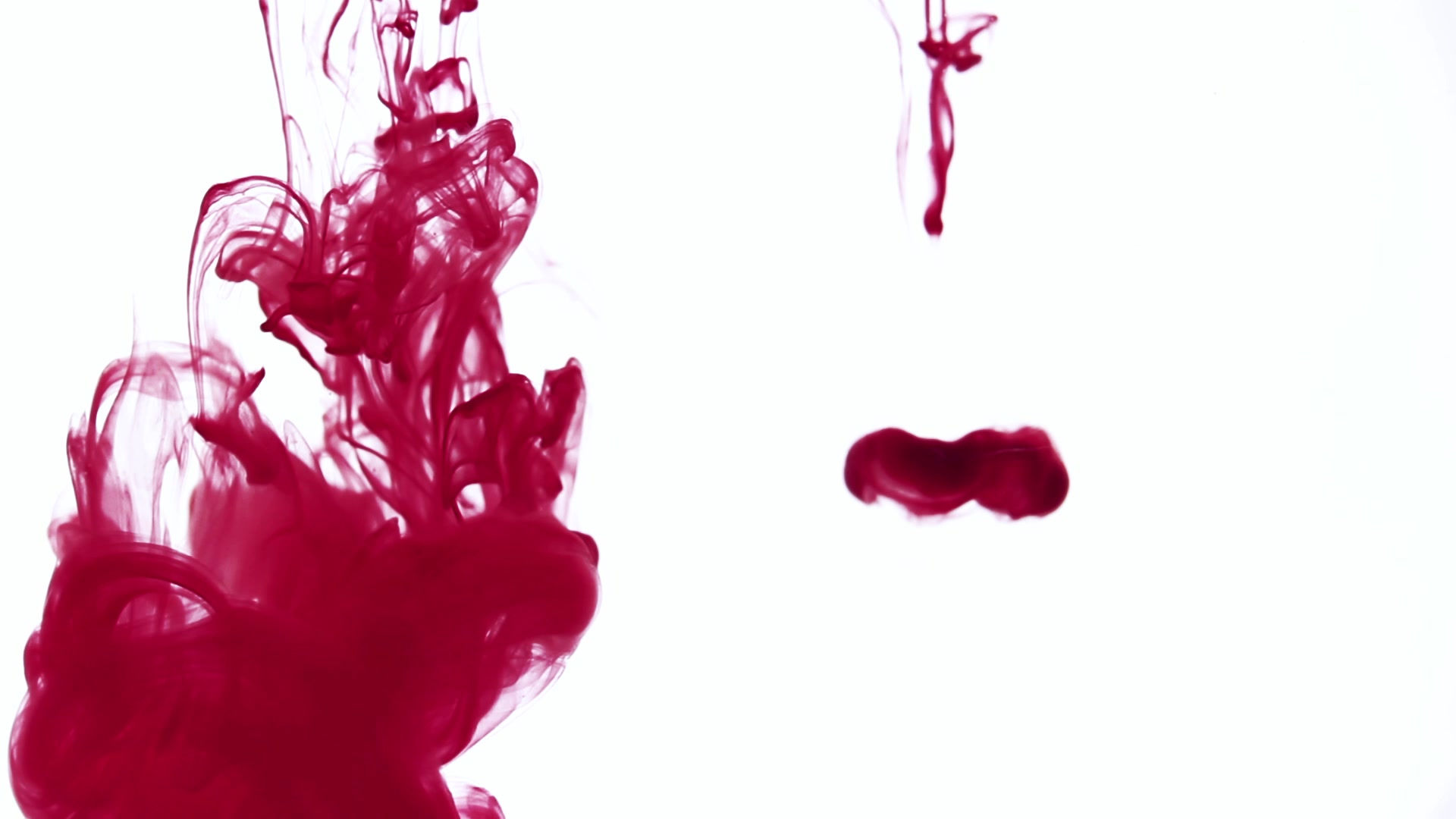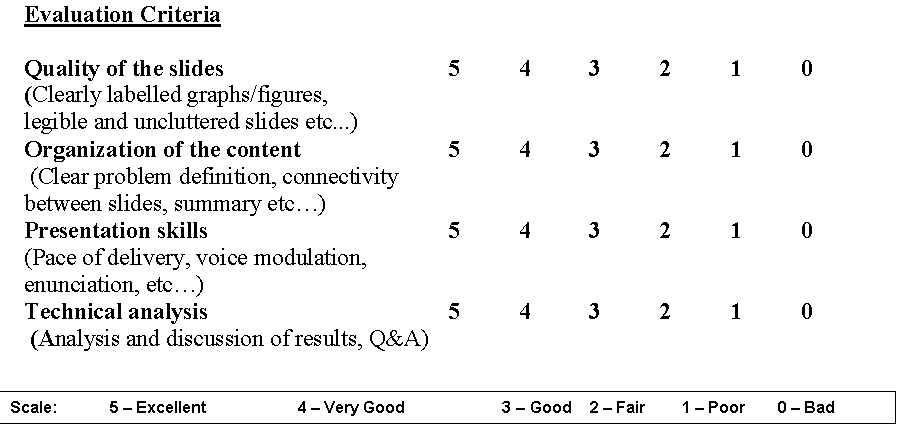
Self-Learning
For online courses visit edx, coursera, Khan Academy
Pragyata (History of Technology in India), Shaale
NPTEL (Chemical Engg. courses), Indian Mathematics,
Swayam (MHRD Free Courses online)
Skeptical Environmentalist, CK Raju
IIT Gandhinagar, Indian Knowledge Systems
National Institute for Science Communication and Information Resources
Edutainment youtube channels:- One-minute Physics, Scientific writing, Flying circus of physics, Applied Science, Wireless philosophy, PhDcomics, TedED, India Inspires, Veritasium (Is most published results wrong?} It's OK to be smart
Edutainment Websites:- Illusion of the year, Visual Calculus, GatheringForGardener
Courses Offered
CH205 3:0 - Chemical Reaction Engineering (Jan 2020)
One minute feedback
Useful links
-
Outline, Tentative Class Schedule (MWF 10-11)
-
Most Influential Papers in CRE (up to 1976)
-
The Essential Chemical Industry- Online
-
Green Engineering
-
Advances in Chemical Engineering
-
Current Opinion in Chemical Engineering
-
Top 50 Chemical Companies
-
Chemical Reactor Analysis -- Game
-
Attainable Region Theory -- Ming, Glasser, Hildebrandt, Glasser,& Metzger; Basic Introduction
-
Martin Feinberg -- Chemical Reaction Network Theory
-
Chemical Reaction Engineering-Beyond The Fundamentals/ L. K. Doraiswamy & Deniz. Uner
-
Concepts of Modern Catalysis and Kinetics - Chorkendorff & Niemantsverdriet
-
www.catalysiscourses.com
-
Design of Bioreactors -- Prof. Saikat Chakraborty, NPTEL course
-
Chemical Kinetics and Dynamics -- Rice University
-
Design of Multiphase Reactors - Prof. Pangarkar
-
Computational Flow Modeling for CRE - Prof. Vivek Ranade
-
CRE for Magic -- Prof. Vivek Ranade
-
Ansys Student Edition;
-
Ansys Tutorials; Simcafe, edx course on Ansys
-
Chemical and Reactive Systems (course on Github) -- Prof. J. Kitchin, python Tutorial
-
Reaction Mechanism Generator
-
Python packages for CRE - Prof. Boris Golman
-
ipython - Free interactive environment for computing
-
Python courses on edx
-
Personality types and online test, Index of Learning Styles-Felder
-
Chemical Reaction Stoichiometry - Smith & Missen
-
CRE Lectures-Prof. Jayant Modak, IISc
-
Advanced CRE lectures -- Prof. Shankar, IITB
-
Heterogeneous Catalysis (CRE II) -- Prof. Krishnaiah, IIT Madras
-
Heterogeneous Catalysis and Catalytic Processes -- Prof. Pant, IIT Delhi
-
Catalysis and Reaction Engineering -- Prof. Mahajani, IITB
-
CFD -- Prof. Sreenivas Jayanthi, IIT M
-
Chemical Engineering Education - Univ Florida
-
LearnChemE -- Youtube Channel
-
AICHE concept warehouse
-
AICHE Academy
-
CACHE - Computer Aids for Chemical Engineering Teaching Resources
-
Safety and Chemical Engineering Education (SAChE) Certificate Program
-
Elements of chemical reactor design and operation / by H. Kramers
-
Octave Levenspiel -- Commentaries on Chemical Engineering
-
Fischer-Tropsch Archives
-
Prof. Fogler's Web Modules
-
The colourful fluid mixing gallery
-
CRELab-Prof. Dudukovic, Washington-St.Louis
-
ReactorLab--Software
-
Octave (Open Source similar to Matlab) online
-
Graph Database based Reaction networks
-
On Diffusive Mass Transport
-
AutoThermal Reactors
-
Chem.Engg. Principles in Fuel Cells
-
Chemical Reactor Analysis and Design- Ekerdt and Rawlings
-
Chemical Engg. Modules
-
European Federation for Chemical Engineering
-
ISCRE
-
MicroReactor Scaling
-
Reactor Design and Safety
-
Process Worldwide (Chemical Industry Magazine)
CH207 1:0 - Applied Statistics & Design of Experiments (Jan 2020)
Course Objective:
This course aims to help students in data analysis using statistical methods..
youtube-Multivariate experiment
Previously Taught
CH241 [3:0] Nanotechnology (Aug 2010)
CH204 [4:0] Chemical Reaction Engineering
(Jan 2009) (with Prof. K. Kesava Rao)
CH206 1:2 - Experimental Methods in Chemical Engineering (Discontinued!)
Course Objective:
This course aims to help students improve their experimentation skills using experiments that are designed to elucidate various principles of chemical engineering. The pedagogical objectives are three-fold: a) to inculcate the ability to observe and systematically record practical phenomena b) to develop the skill of writing clear technical reports describing experiments and c) to teach methods for analysis and interpretation of experimental data.Course structure and grading policyThe course is organised into two parts, namely lecture and laboratory sessions. There will be one lecture hour and two laboratory sessions (three hour duration each) every week. During the first few sessions, faculty members will discuss issues related to report writing, ethics, and laboratory safety. One session will also be used to provide a summary of relevant statistical methods. The rest of the lectures will be devoted to the methods of statistical inference and illustrating their importance in the interpretation of measured data. During the laboratory sessions, groups of three students each are required to perform four different experiments with each experiment being allotted five laboratory sessions. After completing an experiment the group is expected to submit a report within one week. A lab notebook will be provided for recording all observations pertaining to the experiments, including detailed description of procedure (in your own words) . The lab notebook has to be initialled by the instructor/TA after every laboratory session. Report preparation involves producing a report with different sections that read smoothly. The grades for the course will be decided by four factors: attendance and participation in class – 5%, quiz – 20%, experimental tasks – 50%, final presentation – 25%. Attendance of lectures and laboratory sessions is mandatory and any unexcused absence will result in a ‘F’ grade. A quiz will be conducted at the end of the semester based on the lectures. Each student will be randomly assigned one of the experiments at the end of the semester, in order to prepare a presentation during the third week of April. The presentation will be for about 20 minutes and a committee of faculty members will evaluate this presentation and quiz the student on all aspects of that experiment. The final letter grades will be based on the following scheme: S – 100-86, A – 85-71, B – 70-61, C – 60-51, D – 50-41, F – <41.
Useful links
E1 E2 E3 E4 E5 UV-Vis Instructions Lab Safety Instructions
Writing Assignment & Model Solution

CH206 1:0 - Seminar Course (Aug 2017)
Course Objective:
This Course aims to help students in preparing, presenting and participating in seminars. The students will give seminars on topics chosen in consultation with the faculty.
Course structure and grading policy:- Students are required to give two presentations of 20 minutes (16 minutes for presentation and 4 minutes for discussion) duration each during the semester. Topics for the first presentation will be chosen by faculty and the designated students will be informed one week in advance. The topics for the second presentation will be chosen by the student in consultation with faculty. The grades for the course will be decided by three factors: attendance and participation in class – 10%++, first presentation – 30%, second presentation – 60%. A presentation will be evaluated on a scale of 0-20 both by students as well as faculty, based on the sample evaluation form given below. The average of student evaluations will account for 25% of the marks awarded for a presentation, while evaluation by Instructor will account for the remaining 75%. The final letter grades will be based on the following scheme: A+ – 100-91, A – 90-81, B+ – 80-71, B - 70-61, C – 60-51, D – 50-41, F – <41.
++ More than one unexcused absence will automatically lead to "F" grade!
Useful links
Sample evaluation form for CH206
